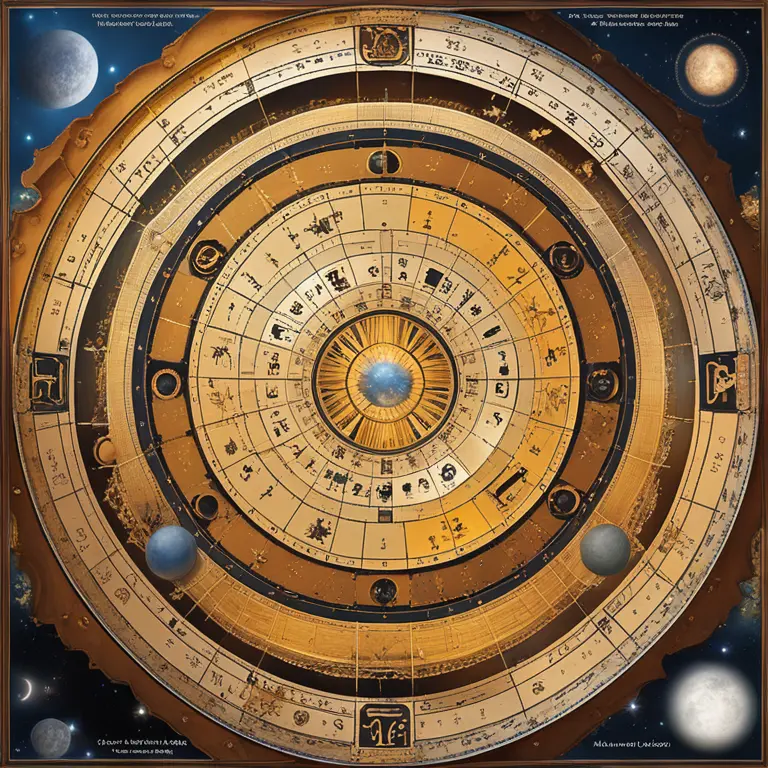
Birth Chart Analysis & Transit Dynamics
Discover the pivotal role of birth charts and transits in astrology, shaping personal growth and forecasting life events.
article by Priya Deshmukh
The Foundation of Astrology: Birth Charts
Astrology is a cosmic map that offers personal insights and directions based on the positions of celestial bodies. At an individual's moment of birth, the stars and planets align in a formation known as the birth chart, or natal chart. This powerful tool is astrology’s foundation, reflecting unique personality traits, potential life paths, and inherent strengths or challenges. It is the astrological fingerprint of an individual, with the Sun sign merely being one aspect among many, including the Moon sign, rising sign, and the positions of planets across various houses and zodiac signs.

Transits: The Movement That Matters
Transits in astrology represent the current movement of planets and how they interact with the positions of the planets at one’s birth. As these celestial bodies traverse the sky, their dynamic positions activate particular areas of the birth chart, heralding periods of change, growth, or challenge. Understanding transits is crucial for interpreting how upcoming astrological movements might influence an individual’s life experiences and personal evolution.

Long-Term Transits and Life's Evolution
Astrologers pay close attention to long-term transits from slower-moving planets like Jupiter, Saturn, Uranus, Neptune, and Pluto. These transits can span several months to years, marking significant chapters and transformations in a person's life. They hold the potential for deep personal growth, major life changes, and significant turning points. These transits are particularly important for forecasting and planning as they highlight periods that may have a lasting impact on an individual's journey.

Preparing for Short-Term Transits
Conversely, short-term transits from faster-moving planets like the Sun, Moon, Mercury, Venus, and Mars, although brief, can trigger immediate events or moods. They often correspond with daily life activities, quick changes in emotions, or fleeting opportunities. Monitoring these transits helps individuals to prepare for and navigate through their day-to-day experiences with better awareness and strategy.

Analyzing Compatibility and Influence
Transits not only impact personal experiences but also play a role in relationships and compatibility. As planets transit key areas of one’s birth chart, they can also influence interactions with others, highlighting periods of harmony or friction in relationships. When two individuals’ charts are compared, astrologers examine transits to determine potential future dynamics, fostering deeper understanding and communication between partners.
Transits as Forecast and Personal Guide
Utilizing the predictive nature of transits, astrologers offer guidance for personal decision-making and timing of significant actions. They urge clients to align their endeavors with favorable transits to enhance success and minimize potential obstacles. This insight serves as a strategic guide, empowering individuals to take proactive steps towards their desired outcomes, whether in personal pursuits, career, or relationships.
Published: 1/22/2024
Modified: 1/22/2024
More predictions
Come back here soon to learn more about yourself and your future


Moon Phases and Astrological Practice
Delve into the mysterious influence of the moon's phases on astrological practice and how they may affect your life and decisions.


Moon Phases & Astrological Affect
Discover how the moon's phases and location impact astrology, affecting personal moods, behaviors, and life events.


The Lunar Cycle & Its Impact on Life
Discover how moon phases impact daily life, personal growth, and more in our guide to the lunar cycle's significance.